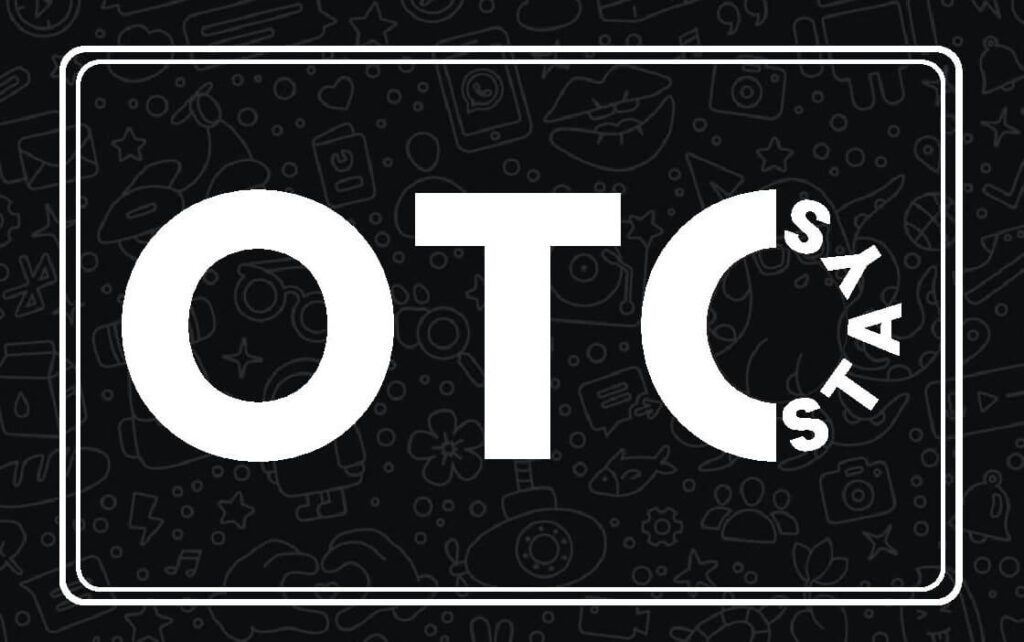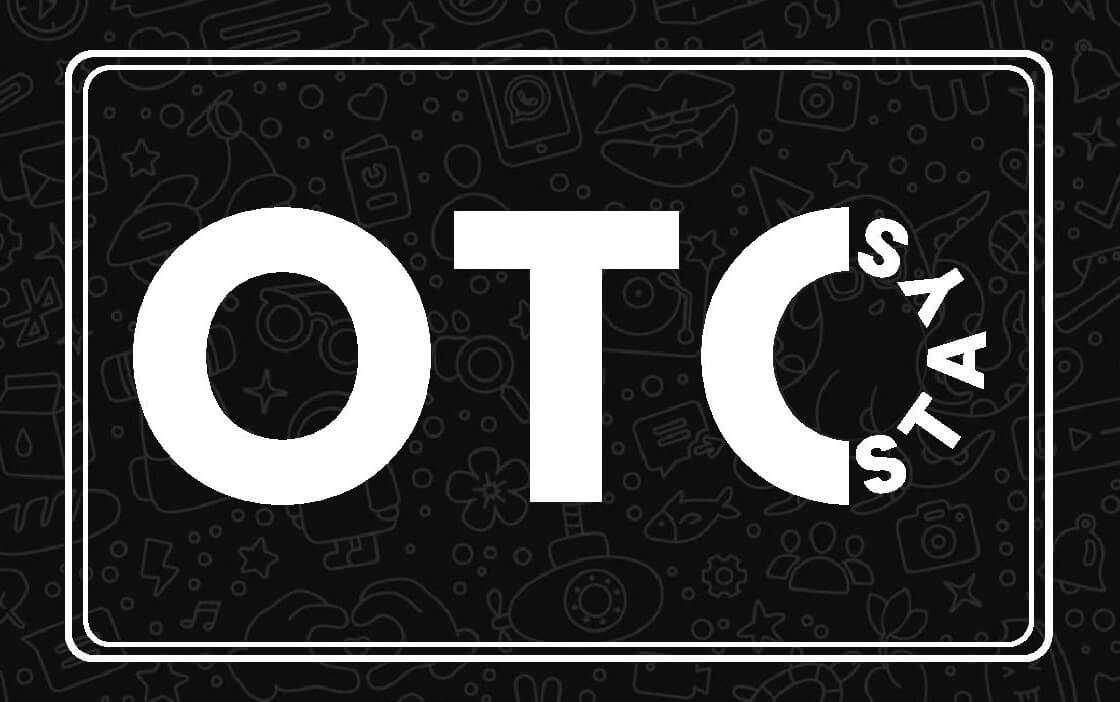
How How To Get Diagnosed With ADHD UK Has Changed My Life The Better
How to Get Diagnosed With ADHD
Talk to your GP If you think you or your child may be suffering from ADHD. They can’t diagnose you there and then but will probably refer you for a clinical assessment.
 This will take place with psychiatrists (or psychologist who is located in Scotland, Northern Ireland or Wales) and they’ll assess you for ADHD. They will also assist you obtain DSA and reasonable adjustments by writing a report.
This will take place with psychiatrists (or psychologist who is located in Scotland, Northern Ireland or Wales) and they’ll assess you for ADHD. They will also assist you obtain DSA and reasonable adjustments by writing a report.
1. Talk to your GP
The first thing you need to do if you or your child suffers with adhd adult diagnosis is to see your GP. If they suspect that you suffer from ADHD and they recommend you to an expert. It is advisable to bring some notes in writing with you to this appointment.
Your GP will then refer you to a psychologist or psychiatrist to assess your ADHD symptoms. This procedure can take between 45 and 90 minutes and involves checking the diagnostic criteria for ADHD, as well as looking into your family history, and any other mental health issues you or your family have suffered from in the past. You may be asked to fill out some questionnaires. The psychiatrist will decide whether you meet the requirements for ADHD and will discuss medication options with you.
It is important to realize that it is difficult for adults to get diagnosed with ADHD as they often have learnt how to mask their symptoms. The psychiatrist will usually require evidence to prove that the symptoms are causing you significant impairment. This is often done through old school reports or letters from family members. They’ll also have to rule out other reasons for your issues such as anxiety or depression.
If you have difficulty getting an assessment from your NHS GP, it is worth seeking a personal assessment with one of the numerous services available on the Right to Choose website. It can be a bit difficult to deal with GPs who don’t understand the science behind ADHD. But persistence is key.
2. Request a recommendation
A clinical diagnosis is required in order to access reasonable adjustments and Disability Living Allowance. In England, Wales and Northern Ireland NICE Guidelines grant the right to request an NHS-funded specialist ADHD assessment.
Your doctor may ask you to fill out the questionnaire which will be evaluated by psychiatrists. They may also ask to consult with other professionals who have worked with you, like healthcare professionals or teachers. They will look for signs that are similar to those of ADHD in adults and have been present since the age of. They will also consider whether other health issues, such as thyroid issues or depression might be the cause of your symptoms.
After the evaluation the Psychiatrist will talk to you about treatment options. This could include medication, which is helpful for many people who have ADHD. If you decide to use medication, your psychiatrist may recommend you to your GP to discuss the care management.
If you don’t want to take medication, your Psychiatrist can refer you for an independent occupational or psychological therapy assessment. This will help you reduce your symptoms and increase your life skills. It may also be useful to join a group for those suffering from ADHD. They can be reassuring as well as supportive.
Many people suffering from ADHD find they have to work harder than others to get through their day-to-day lives. This can lead to low self-esteem, and frustration about their lack of success at work or in relationships. They might also feel people don’t get it and become angry or bitter. There are many ways to get help. You can attend online meetings or join online groups. These services are provided by numerous reputable organizations.
3. Get another opinion
A second opinion is helpful for many people. This is especially true when you’ve been misdiagnosed or suffer from a condition such as anxiety or depression that may co-exist with ADHD. Psychiatrists are experts in diagnosing mental health disorders. They can help you determine what’s happening to you and how it may be impacting your daily life.
It is crucial to discuss your medical history thoroughly with a psychiatrist, since this can affect whether you are able to meet the diagnostic criteria for ADHD. You can self-refer, request an GP referral or schedule an appointment in private with a specialist for adult ADHD.
If you do decide to go through the self-referral process it is a good idea to gather any information you might have before your appointment, and also making notes about which symptoms you are experiencing and how they are impacting on various aspects of your life. You may also request copies of your medical records be provided to the psychiatrist prior to your appointment.
A specialist in adult ADHD will provide a thorough evaluation of your symptoms, including how they interfere with your daily activities and looking at any comorbidities that might be present, including depression or anxiety. They will typically use questionnaires and a consultation with a doctor to determine a diagnosis, which they’ll follow up with a letter. A diagnosis of ADHD will allow you to receive the assistance you require to manage your symptoms, which includes psychotherapy and medication. It also opens the doors to obtaining disability assistance, such as Disabled Students’ Allowance or reasonable adjustments to college or at school.
4. Get a clinical evaluation
If your GP believes that you may have ADHD and that it’s affecting your life they’ll refer you to an assessment in a clinical setting. This is a thorough process that involves talking with someone (often psychiatrists) and answering questionnaires and checklists. They may also request to see your school records or speak to anyone who knew you as an infant. This is because it’s not thought that ADHD can develop in adults. They’ll have to confirm that your symptoms have been present since childhood.
You’ll likely be offered the choice of selecting a provider once you’ve been referred. This is because patients in England have a legal right to choose their mental health providers as well as their local NHS trust. This is known as Right to Choose and you can find helpful information about how to utilize it on this webpage from ADHD UK.
If you’re a student you might be able to receive an assessment from your university. If they’re willing to provide it the results is sufficient to receive assistance from reasonable adjustments and the Disabled Student’s Allowance. However they won’t be able to prescribe medication for you – therefore, you might want to seek an independent diagnosis instead.
Your psychiatrist will determine whether your ADHD symptoms are causing you to suffer from significant impairment. The doctor might recommend treatment with medication or other methods. They’ll probably also discuss your long-term goals as well as any other concerns you might have. They’ll then decide on what to do next and send you back to your GP. In most cases, a diagnosis of ADHD will be followed by a discussion about whether you want to consider medication options and a referral to your GP for this to happen.
5. Get a diagnosis
It can be difficult to obtain an adult diagnosis of ADHD. Many medical professionals, particularly in the NHS do not understand how the condition presents in adults. They could be biased or not consider symptoms as serious. This could make it more difficult to get a diagnosis, however perseverance will pay off.
You’ll need a specialist assessment by a psychologist, specialist nurse or psychiatrist. They are the only healthcare professionals to diagnose ADHD in the UK. You will need to explain how you’re experiencing symptoms and why you think they could be related to ADHD. They will want to verify that your symptoms have been going on for an extended period of time and have an enormous impact on your life. This may include getting old school records or asking your family members to fill out forms detailing your issues in the past.
After your clinical assessment, you can discuss with your doctor if you would like to explore the possibility of taking medication. Usually, this will involve an agreement to share care with your GP that allows you to pay for the medication via an NHS prescription. You can also choose to have your diagnosis done privately, and then purchase the medication from a pharmacy.
It’s important to note that a private diagnosis won’t necessarily be enough to access reasonable adjustments or Disabled Students’ Allowance (DSA). To get medication via this route, you’ll need a referral from the NHS and a complete assessment of ADHD by psychiatrist.
